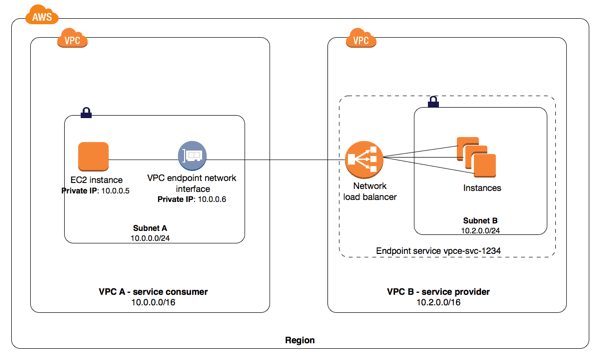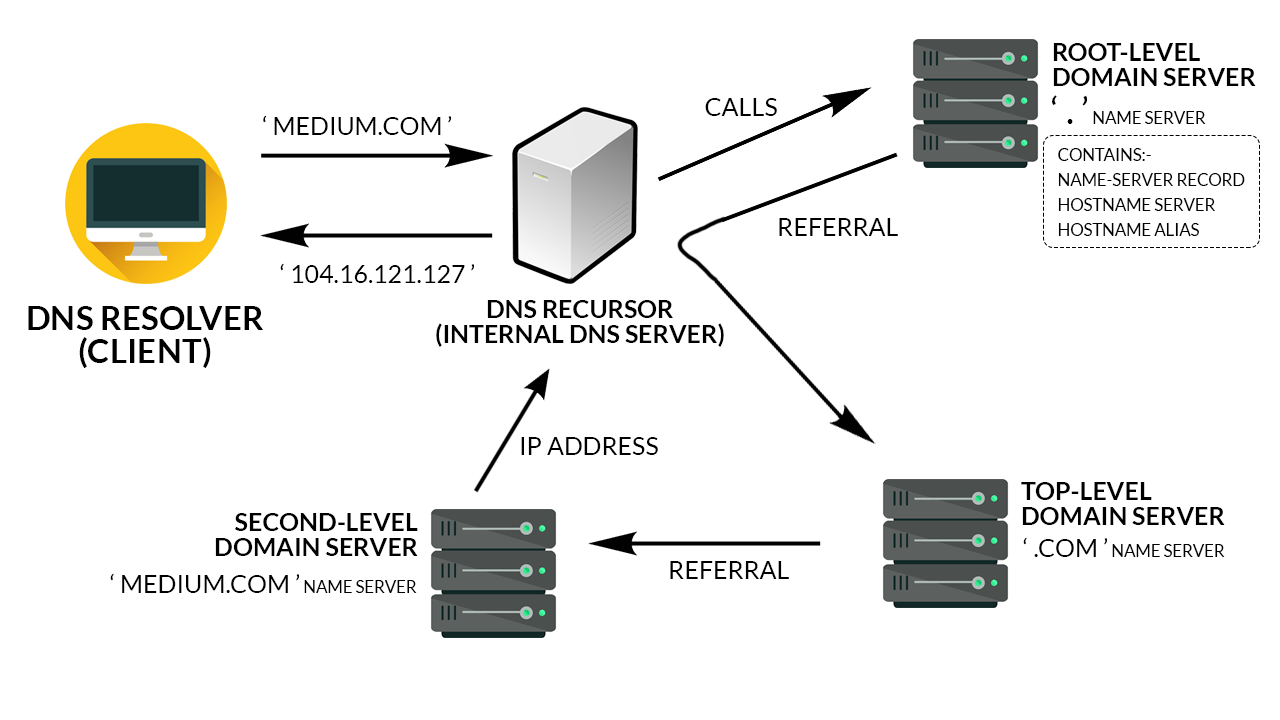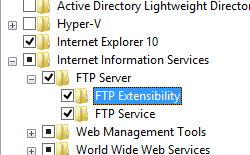
Security measures for e-commerce are increasingly important as more people shop online. These security measures will focus on the website's transaction side, trust between clients as well the outflow site, and any vulnerabilities in the defense. While traditional perimeter defenses work well to protect against intruders and can prevent all types of online attacks, they cannot stop all. Ecommerce security measures have become more popular by focusing on the weakest points of a defense.
Multi-factor authentication
Multi-factor Authentication (MFA) is an important part of online security. It reduces the risk of fraudulent purchases as well as administrative data breaches. Experian reports that 44% of businesses do not use MFA. Modern MFA solutions are designed to balance security and ease of use. The NIST Cybersecurity Practice Guide can help you determine whether multifactor authentication is right to your business.
Multi-factor authentication works by temporarily locking an account of a user after suspicious activity has been detected. This can help protect sensitive data and keep out unwanted guests. It allows you to have greater control over the authentication process.

Address verification system
One of the most common security measures used in e commerce is an Address Verification Service (AVS). This service works by comparing the billing address of a purchaser to the address on file with the issuing bank. This allows merchants and banks to stop fraudulent transactions being made.
During the compare phase, the issuer verifies numeric portions of the address including the ZIP/postalcode and residence number. Apartment and suite addresses can be more challenging to match. The address verification system may approve transactions if it contains the street address.
Encryption
Your customer's private information can be protected from unauthorized access by using encryption. This is important for any type of internet transaction, whether you're selling a product or a service. Any security breach can damage your customers' confidence and trust in your online business.
Security issues for ecommerce websites are common, but they are highly technical. Fortunately, there are trained security providers that can assist you. Cyber-attacks can be expensive, so make sure your customers are protected.

Content delivery network
Content delivery network (CDNs), which are large systems that distribute online content based upon the user's geographical location, are huge networks of servers. Contrary to hosting, which only serves content from one server, content delivered via a CDN is distributed across multiple servers to maximize download speed. Content delivered through a CDN is usually highly secure. A CDN can protect private information on a website, for example.
CDNs can be used to protect companies' information by filtering harmful content. Many CDN service provider also provide security services for websites that help to prevent data leaks. It doesn't really matter what CDN service your business uses; you just need to determine how much protection is required for business-critical content.
FAQ
What is a static web site?
You can host a static website anywhere you like Amazon S3, Google Cloud Storage and Windows Azure Blob storage. Rackspace Cloud Files, Rackspace Cloud Files. Dreamhost, Media Temple. You can also deploy static sites to any platform that uses PHP, such WordPress, Drupal Joomla! Magento PrestaShop.
Because they don't send requests back and forth between servers, static web pages are easier to maintain. A static web page loads faster as there is no need to forward requests back and forth among servers. Because of this, static web pages are often more suitable for smaller businesses that don’t have the resources or time necessary to manage a website.
What is a responsive design web design?
Responsive Web Design, also known as RWD, is a way of designing websites so that content displays on all devices. This includes desktop computers, tablets (tablets), smartphones, etc. This allows users access all features of a website, including navigation menus, buttons and buttons, on one device. RWD is designed to ensure that a user can view a site on any size screen.
If you are building a website to sell products primarily via eCommerce, then you want to make sure that customers can purchase items from your store even if they view it on their smartphones.
A responsive site will adapt to the device used to view it. The site will display exactly the same way on a laptop as if it were viewed on a desktop computer. However, if you're viewing the page on your phone, it will display differently.
This means that you can create a single website that looks great on every type of device.
Can I use a template or framework on my website?
Yes! Yes! Many people use pre-built frameworks or templates when creating websites. These templates contain all the code needed to display information on your page.
Some of the most well-known templates are:
WordPress – One of the most well-known CMSes
Joomla - another popular open source CMS
Drupal - Drupal is an enterprise-level software that large organizations can use
Expression Engine - Yahoo's proprietary CMS
Each platform has hundreds of templates, so it should not be hard to find the one that you like.
Statistics
- When choosing your website color scheme, a general rule is to limit yourself to three shades: one primary color (60% of the mix), one secondary color (30%), and one accent color (10%). (wix.com)
- It's estimated that chatbots could reduce this by 30%. Gone are the days when chatbots were mere gimmicks – now, they're becoming ever more essential to customer-facing services. (websitebuilderexpert.com)
- Studies show that 77% of satisfied customers will recommend your business or service to a friend after having a positive experience. (wix.com)
- In fact, according to Color Matters, a signature color can boost brand recognition by 80%. There's a lot of psychology behind people's perception of color, so it's important to understand how it's used with your industry. (websitebuilderexpert.com)
- It enables you to sell your music directly on your website and keep 100% of the profits. (wix.com)
External Links
How To
What is website hosting?
Website hosting describes where visitors go when they visit a site. There are two types:
-
Shared hosting - This is the cheapest option. Your website files are stored on a server that is owned by another person. Customers visit your website and send their requests over the Internet to this server. The request is sent to the server's owner who then passes it on to you.
-
Dedicated Hosting - This option is the most costly. Your website is located on only one server. There are no other websites sharing space on the server. Your traffic remains private.
Shared hosting is preferred by most businesses because it's cheaper than dedicated hosting. With shared hosting, the company that owns the server provides the resources needed to run your website.
Each option has its pros and cons. These are the key differences between them.
Shared Hosting Pros
-
Lower Cost
-
Simple to Setup
-
Regular Updates
-
It can be found at many web hosting providers
Shared hosting can often cost as little as $10/month. This price often includes bandwidth. Bandwidth is how much data you can transfer to the Internet. Even if only you upload photos to your blog or website, high-volume data transfers may incur additional charges.
Once you start, you'll quickly realize why you were paying so much for your previous host. Most shared hosts don't offer any customer support. Although their techs may help you with setting up your site, it's not a common practice.
A provider with 24-hour telephone support is a good choice. They will attend to any issues you have while you sleep.
Cons of dedicated hosting
-
More Expensive
-
Fewer Common
-
Requires Special Skills
With dedicated hosting you will have everything you need to manage your website. You won't have to worry about whether you're using enough bandwidth or whether you've got enough RAM (random access memory).
This means you will need to spend more upfront. But once your online business starts, you'll realize you don't need any technical assistance. You'll soon be an expert at managing servers.
Which is better for my business?
The answer will depend on the type and purpose of your website. If you're selling products only, shared hosting might work best. It is simple to set up and easy to maintain. A server shared with several other sites means that you will receive frequent updates.
If you are looking to create a community around your brand, dedicated hosting is the best option. You can focus on building your brand without worrying about handling your traffic.
Bluehost.com is the best web host for both. They offer unlimited monthly data transfers, 24/7 support, free domain name registration, and a 30-day money-back guarantee.